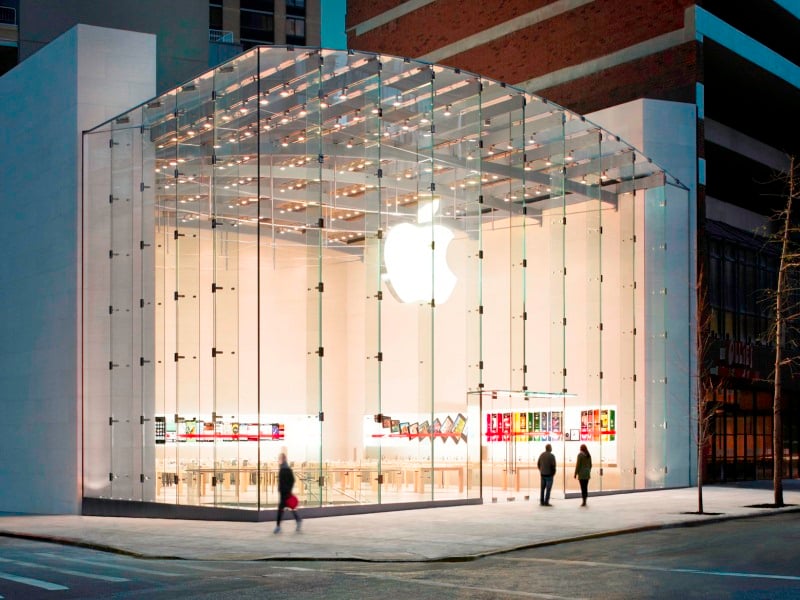
Source: courtesy of Apple Inc.
Make no mistake, though, there is a clear backlash. Last Dec. 8, Salon.com asked: “Why Does Wall Street Suddenly Hate Apple?” A few weeks later, on Dec. 30, theStreet.com weighed in with: “Why does the Peanut Gallery Hate Apple?”
I know why the media have turned — and it has more to do with journalists than the maker of the hugely successful iPad and iPhone, to name two winning Apple products.
The media love you when you’re young, scrappy and charging on the way up the ladder to stardom. That way, journalists can take the credit for your success. You are new, fresh and exciting. Silicon Valley is littered with people who will remind you that they discovered Steve Jobs when he was just starting out with his baby, Apple,and that he would have been nothing without their help.
But there is a corollary here at work. The same journalists who loved you on your way to stardom will inevitably turn on you when you’ve made it big because a) they can no longer take credit for your rise and b) you don’t belong to them any more and c) they become bored with the angle of writing about your success and they need to find something new and even more newsworthy to the public: your downfall.
George Harrison spoke eloquently about this principle during a 1987 radio interview on WNEW-FM: “I’ve experienced this thing with the Beatles. They love you and build you up to a point where the only thing left is to knock you down.”
I asked Paul Carroll to tell me what he thinks because he is uniquely qualified to judge why reporters have given Apple the cold shoulder after so many years of adulation. Carroll covered technology for the Wall Street Journal for 17 years before becoming a consultant. He is a partner with the Devil’s Advocate Group.
Naturally, Carroll noted, a good deal of the skepticism being directed at Apple stems from the passing of Steve Jobs. “Some of this is an echo of ‘the Steve Jobs story.'” Carroll pointed out. “Since his death, everyone has been wondering whether (Tim) Cook could continue the magic. Now that Apple has lost some momentum, every armchair analyst is tempted to say, ‘I told you so,’ that the magic couldn’t continue without Steve.”
The marketplace is playing a role, too.
“Some of this is fundamental,” he told me, noting that the rise of Samsung and Android have altered the way we look at Apple, which used to stand alone virtually in the smartphone sweepstakes.
“Most of this, though, is just the natural order of things,” Carroll stressed. “The media love stories, so we want David to win and Goliath to lose. Apple got great coverage for a long time as a ‘David,’ coming back from a near-death experience. but it became Goliath. so now there’s really only a story when Apple loses, and hints of trouble are enough to make everyone want to write that story.”
I agree with Carroll — especially on his final point. We journalists do love an underdog. But the lesson here with Apple is: Once you become a Goliath, watch out. Maybe you feel that you haven’t done anything differently or anything wrong. But the media won’t give you the benefit of the doubt.
Just ask Apple about it.
Sponsored: Want to Retire Early? Here’s a Great First Step
Want retirement to come a few years earlier than you’d planned? Or are you ready to retire now, but want an extra set of eyes on your finances?
Now you can speak with up to 3 financial experts in your area for FREE. By simply clicking here you can begin to match with financial professionals who can help you build your plan to retire early. And the best part? The first conversation with them is free.
Click here to match with up to 3 financial pros who would be excited to help you make financial decisions.
Thank you for reading! Have some feedback for us?
Contact the 24/7 Wall St. editorial team.



